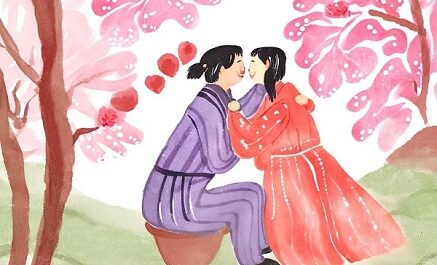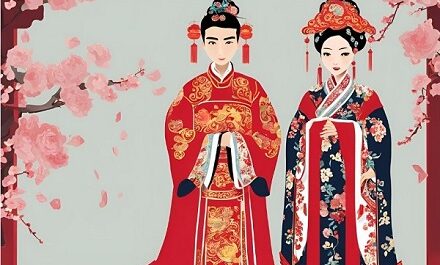Learn Chinese Idiom with Pinyin and English
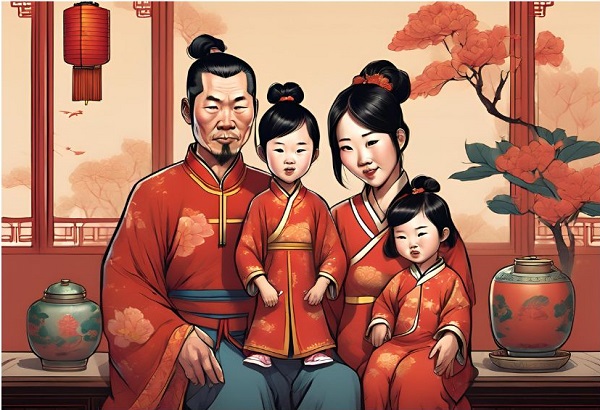
- Idiom in Chinese-一男半女。
- Pinyin of Idiom– yī nán bàn nǚ.
- Idiom’s Meaning in English– One son and half a daughter (figuratively referring to having offspring, especially sons). “Yī nán bàn nǚ” is a Chinese idiom that literally translates to “one son and half a daughter.” However, its figurative meaning is to express the desire or wish of having offspring, especially sons, in a family. This idiom reflects the traditional Chinese value of family lineage and the importance of male heirs in maintaining the family line.
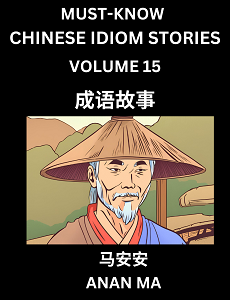
Chinese Idiom Stories Books (HSK All Levels):
- Books to Learn Chinese Idiom Stories (Part 1)
- Books to Learn Chinese Idiom Stories (Part 2)
- Books to Learn Chinese Idiom Stories (Part 3)
Learn Chinese Idiom Story in English (成语故事的英文)
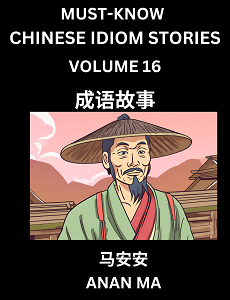
In the past, there lived an elderly couple in a remote mountain village. They had always longed for a child to carry on their family’s lineage. However, fate seemed to have turned a blind eye to their wishes, and for many years, they remained childless.
Finally, one day, they received good news—the wife was pregnant. The elderly couple was overjoyed and eagerly awaited the arrival of their child. After a ten-month pregnancy, the wife gave birth to a baby boy. Although they did not have a “yī nán bàn nǚ” as they had hoped, the birth of this boy already filled them with immense happiness and satisfaction.
From then on, they nurtured this child with love and care, hoping that he would become a pride of their family. The idiom “yī nán bàn nǚ” thus became a precious memory in this family, representing their longing for offspring and the joy of parenthood.
Learn Idiom Story in Chinese (成语故事)
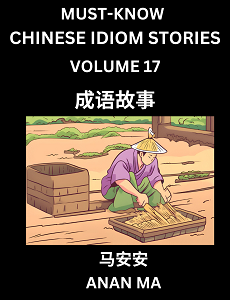
从前,在一个偏远的山村,住着一对年迈的夫妇。他们一直渴望能有一个孩子,传承家族的香火。然而,命运似乎并不眷顾他们,多年来,他们始终未能如愿。
终于有一天,他们迎来了一个好消息——妻子怀孕了。老两口欣喜若狂,日夜期盼着孩子的到来。十月怀胎后,妻子生下了一个男孩。虽然没能如愿以偿地拥有“一男半女”,但这个男孩的出生已经让他们感到无比幸福和满足。
从此以后,他们用心抚养这个孩子,希望他能够成为家族的骄傲。而“一男半女”这个成语,也在这个家庭中流传开来,成为了他们心中最珍贵的回忆。
Learn Keywords with English, Simplified Chinese Characters, and Pinyin (关键词)
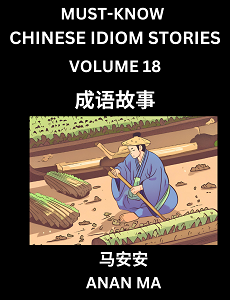
- 从前(cóng qián): in the past
- 偏远(piān yuǎn): remote
- 山村(shān cūn): mountain village
- 年迈(nián mài): old
- 夫妇(fū fù): husband and wife
- 香火(xiāng huǒ): descendant, family line
- 如愿以偿(rú yuàn yǐ cháng): to have one’s wish fulfilled
- 十月怀胎(shí yuè huái tāi): pregnancy lasting for ten months
- 男孩(nán hái): boy
- 幸福(xìng fú): happiness
- 满足(mǎn zú): satisfaction
Pinyin of Idiom Story (故事的拼音)
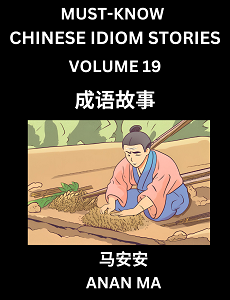
Cóngqián, zài yīgè piānyuǎn de shāncūn, zhùzhe yī duì niánmài de fūfù. Tāmen yīzhí kěwàng néng yǒu yīgè háizi, chuánchéng jiāzú de xiānghuǒ. Rán’ér, mìngyùn sìhū bìng bù juàngù tāmen, duōnián lái, tāmen shǐzhōng wèi néng rúyuàn.
Zhōngyú yǒu yītiān, tāmen yíng láile yīgè hǎo xiāoxī——qīzi huáiyùnle. Lǎo liǎngkǒu xīnxǐ ruò kuáng, rìyè qī pànzhe háizi de dàolái. Shí yuè huáitāi hòu, qī zǐ shēng xiàle yīgè nánhái. Suīrán méi néng rúyuànyǐcháng de yǒngyǒu “yīnán bàn nǚ”, dàn zhège nánhái de chūshēng yǐjīng ràng tāmen gǎndào wúbǐ xìngfú hé mǎnzú.
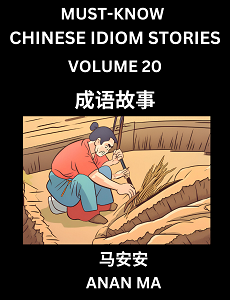
Cóngcǐ yǐhòu, tāmen yòngxīn fǔyǎng zhège háizi, xīwàng tā nénggòu chéngwéi jiāzú de jiāo’ào. Ér “yīnán bàn nǚ” zhège chéngyǔ, yě zài zhège jiātíng zhōng liúchuán kāi lái, chéngwéile tāmen xīnzhōng zuì zhēnguì de huíyì.

